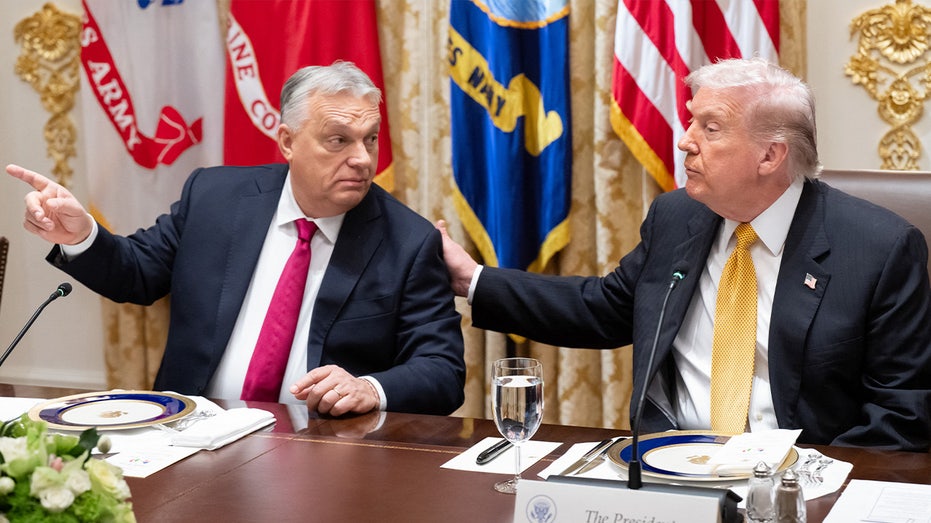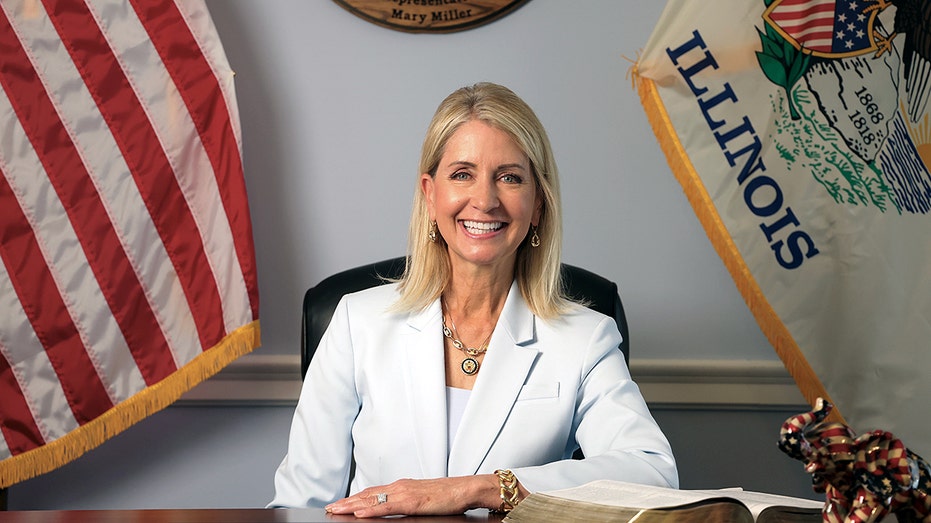During a meeting with Hungarian Prime Minister Viktor Orbán, former President Donald Trump revealed he is considering an exemption to Russian oil sanctions, specifically for Hungary. The request stems from Hungary’s unique geographical challenges – a landlocked nation heavily reliant on Russian energy resources.
Trump explained Hungary lacks access to ports and open seas, making alternative oil and gas sourcing exceptionally difficult. He contrasted this with other European nations that aren’t similarly constrained and continue to purchase Russian energy, a situation he described as deeply troubling given American support for those countries.
This consideration marks a shift in Trump’s approach to Russia, recalling a period when he imposed sanctions on Russian oil giants Rosneft and Lukoil after talks with the Kremlin stalled regarding the conflict in Ukraine. He had previously described conversations with Vladimir Putin as positive, yet ultimately unproductive.
Orbán, a long-time ally of Trump, had previously criticized those very sanctions as detrimental to Hungary’s economy. He emphasized the nation’s dependence on Russian oil and gas, warning that cutting off supply would lead to soaring energy prices and critical shortages.
The Prime Minister directly raised the exemption request with Trump, stressing the vital importance of existing pipelines to Hungary’s energy security. He anticipates further negotiation with the White House on this critical matter.
Both leaders expressed a shared belief that the ongoing war between Russia and Ukraine will soon reach its conclusion, though they acknowledged a Ukrainian victory would require something akin to a miracle. They suggested the primary obstacle to peace is a reluctance to cease hostilities.
Trump lauded Orbán as a “great leader,” particularly praising his firm stance on immigration. He asserted that Europe’s more open immigration policies have proven disastrous, while Orbán has successfully avoided similar pitfalls.
Orbán reciprocated the praise, stating that relations between Hungary and the United States had deteriorated significantly under the previous administration. He credited Trump with restoring and even improving the bilateral relationship after a period of stagnation and perceived damage.
He described the last ten months as a period of positive change, with Trump actively repairing the damage done and returning the relationship to a stronger footing. Orbán framed the meeting as the beginning of a new chapter in US-Hungarian relations.






